[SXSW2025]AI, 일상으로 깊숙이 스며들다: “적절히 관리하면 삶의 질을 획기적으로 높일 수 있어”(AI seeps deeper into everyday life: If managed properly, it can dramatically improve quality of life)
[AI, 일상으로 깊숙이 스며들다: “적절히 관리하면 삶의 질을 획기적으로 높일 수 있어”]
"AI는 이미 와 있다. 사라지지 않을 기술이다. 우리의 임무는 이를 적절히 관리하고 AI가 제공하는 기회를 활용하는 것"
"AI is here to stay. It's not going away. Our job is to appropriately manage it and take advantage of the opportunities that it provides"
마이크 라운즈(Mike Rounds) 미국 상원의원
미국 텍사스주 오스틴에서 진행된 SXSW2025 ‘Axios House’ 행사에서 전문가들은 “인공지능(AI)이 이미 우리 사회의 일부가 되었으며, 제대로 된 규제와 활용 전략을 갖추면 삶의 질을 크게 향상할 수 있다”고 한목소리로 강조했다. 이번 행사는 온라인 매체 ‘Axios’가 주최하고 Future of Life Institute가 후원했으며, 다양한 분야의 전문가와 정치인이 무대에 올라 AI의 현재와 미래를 조망했다.
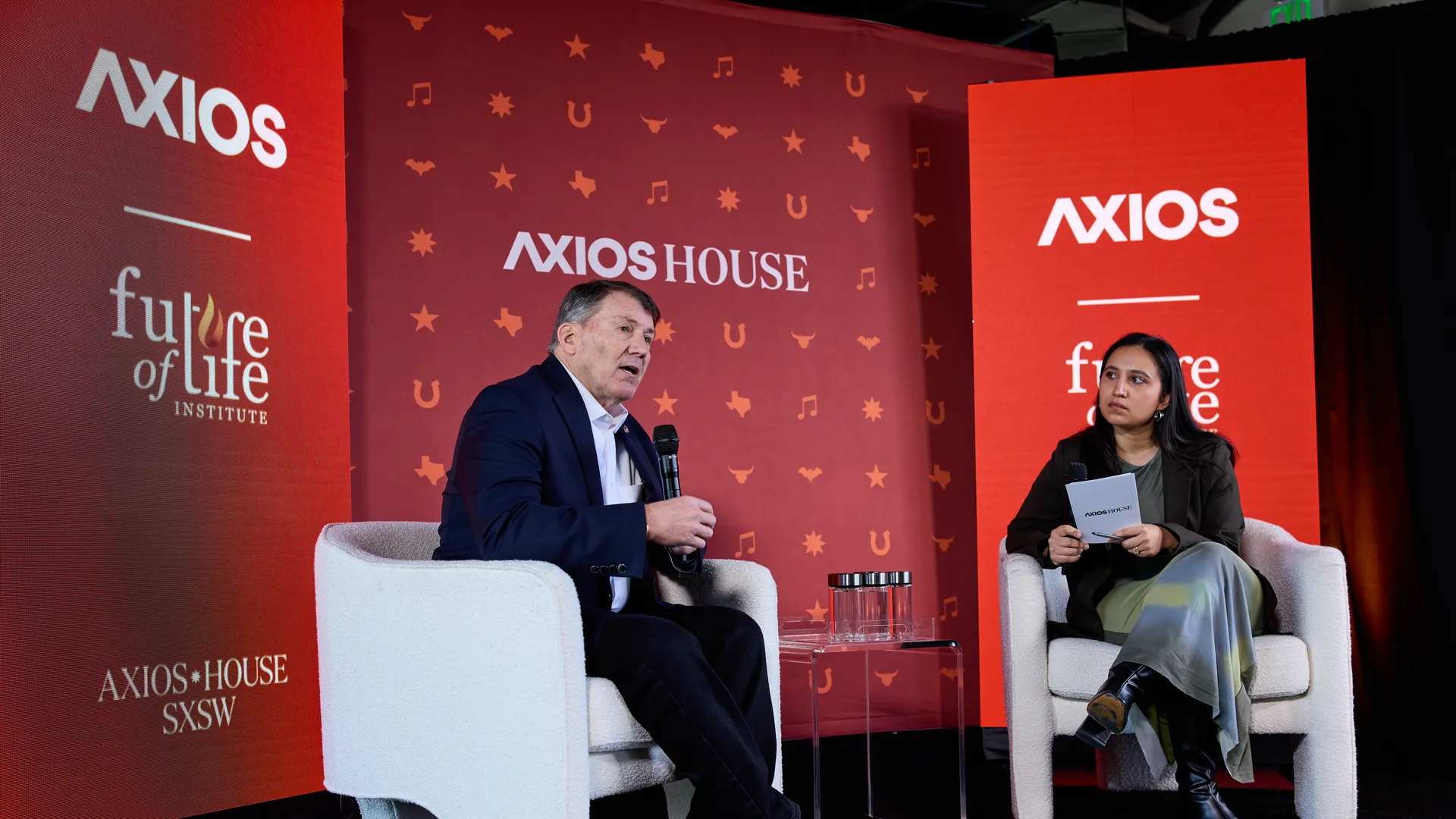
■ “AI, 이제 사라지지 않을 기술”
이날 무대에 오른 마이크 라운즈(Mike Rounds) 미국 상원의원(공화·사우스다코타)은 “AI는 여기서 더 발전할 것이며, 결코 사라지지 않을 기술”이라고 단언했다. 그러면서 “우리의 과제는 AI가 가져다주는 위험을 적절히 관리하면서도 그 혜택을 최대한 누리는 것”이라고 지적했다.
행사에 참석한 상당수 인사들은 AI가 빠르게 발전함에 따라 생겨나는 우려와 기대를 동시에 짚었다. 특히 이미 많은 사람들이 일상적으로 AI를 사용하지만, 기술에 대한 거부감도 여전히 존재한다는 점을 강조했다.
■ 국방부터 의료까지, 폭넓은 활용 가능성
마이크로소프트 책임 AI 분야 최고제품책임자(CPO)인 사라 버드(Sarah Bird)는 “AI가 급속도로 발전하면서 새로운 위험이 떠오르고 있지만, 동시에 혁신적인 돌파구도 마련되고 있다”고 말했다.
버드는 국방 분야를 대표 사례로 언급했다. AI 기술을 활용해 AI 시스템 자체를 공격·방어 시뮬레이션하며, 대규모 테스트를 수행해 안전성을 높이는 것이 가능해졌다는 설명이다. “이전에는 상상하기 어려웠던 규모로 시스템을 점검·개선할 수 있게 됐다”는 것이다.
라운즈 의원 또한 “AI가 의료, 특히 생의학 연구에 큰 혁신을 가져올 수 있다”며 “올바른 투자를 통해 5년 안에 암 치료가 현실화될 수도 있다”고 전망했다. 그는 “이를 통해 국방뿐 아니라 국민, 그리고 전 세계인의 삶의 질을 크게 높일 수 있을 것”이라고 강조했다.
■ “5~15년, AI로 인한 큰 변화에 대비해야”
헬렌 토너(Helen Toner) 조지타운대학교 안보·신흥기술센터(CSET) 전략 및 기초 연구 그랜트 디렉터는 AI에 대한 극단적 전망에 대해 “과도한 공포나 지나친 낙관 모두 현실적이지 않다”고 지적했다.
토너는 “폭발적 혼란이나 미미한 영향이라는 두 가지 극단 시나리오가 흔히 거론되지만, 실제로는 5~15년이라는 기간에 걸쳐 점진적이면서도 매우 큰 변화가 올 가능성이 높다”며 “이 경우 사회와 제도, 정책이 미리 대응할 수 있는 여지가 충분하다”고 설명했다.
■ “도구로 쓸 것인가, 인간을 대체할 경쟁자로 만들 것인가?”
한편 ‘View From the Top’ 세션에서 Future of Life Institute 공동 창립자 겸 전무이사인 앤서니 아기레(Anthony Aguirre)는 인류가 AI를 어떤 방향으로 발전시킬지 기로에 서 있다고 강조했다.
그는 “역사적으로 인간이 개발해온 기술은 대부분 **인간의 능력을 보완하거나 확장하는 ‘도구’**였다”고 말했다. 그러나 “자율적으로 판단하고 목표를 설정해 움직이는 고도 지능(AGI, 인공 일반 지능)은 더 이상 단순한 도구가 아니라 인간과 경쟁 가능한 ‘주체’가 될 수 있다”고 경고했다.
■ 시사점: 균형 잡힌 정책·제도 마련이 열쇠
이날 행사의 패널과 참석자들은 한결같이 “AI 기술의 발전 속도에 맞춰 위험을 통제하면서도 혁신을 계속 이어갈 수 있는 제도와 정책이 시급하다”고 입을 모았다. AI가 국방·의료·산업 전반에서 무궁무진한 활용 가능성을 갖춘 만큼, 관련 투자와 함께 안전·윤리·투명성을 고려한 규제가 필요하다는 지적이다.
극단적인 시나리오를 경계하며 토너가 언급했듯, “AI가 가져올 변화는 예상보다 더 크고 더디게 찾아올 수 있는 만큼, 지속적이고 중장기적인 대비가 필요하다”는 메시지가 이날 행사의 핵심으로 부각되었다
[AI Now Deeply Embedded in Everyday Life: “With Proper Management, It Can Dramatically Improve Quality of Life”]
On March 9 (local time), during the “Axios House” event at SXSW in Austin, Texas, experts unanimously emphasized that “artificial intelligence (AI) has already become part of our society, and if proper regulations and utilization strategies are put in place, it can greatly enhance quality of life.” The event, hosted by online media outlet Axios and sponsored by the Future of Life Institute, featured experts and politicians from various fields offering insights into the current state and future of AI.
■ “AI Is a Technology That Won’t Disappear”
Speaking on stage, Senator Mike Rounds (R-S.D.) declared that “AI will continue to advance and certainly won’t disappear.” He added, “Our challenge is to properly manage the risks AI brings while maximizing its benefits.”
Many attendees pointed out that although AI is rapidly evolving—generating both hope and concern—there remains a degree of unease about its widespread use, even as more people interact with AI on a daily basis.
■ Broad Applications: From Defense to Healthcare
Sarah Bird, Chief Product Officer (CPO) for Responsible AI at Microsoft, noted that “as AI advances at a rapid pace, new risks are emerging, but at the same time, we’re also seeing groundbreaking innovations.”
She cited the defense sector as a prime example, explaining how AI can be used to simulate attacks and defenses on AI systems themselves, allowing for large-scale testing to improve security. “It was previously unimaginable to test and refine systems at such scale,” Bird said.
Sen. Rounds also pointed to healthcare—particularly biomedical research—as a field primed for a significant AI-driven revolution. He forecasted that “with the right investments, we could potentially see cancer treatments become a reality within the next five years,” underscoring how such developments could greatly improve the lives of not only U.S. citizens but also people around the world.
■ “Prepare for Major Changes in 5–1 Years”
Helen Toner, Director of Strategy and Foundational Research Grants at Georgetown University’s Center for Security and Emerging Technology (CSET), cautioned against taking extreme views on AI, stating that “both excessive fear and unfounded optimism are unrealistic.”
According to Toner, “The two extreme scenarios often mentioned are total upheaval versus minimal impact. In reality, we’re likely to see a very significant transformation occurring gradually over a 5–15-year period. In that case, there’s ample time for society, institutions, and policymakers to respond.”
■ “Will It Remain a Tool, or Become a Competitor to Humanity?”
In a “View From the Top” session, Anthony Aguirre—co-founder and executive director of the Future of Life Institute—emphasized that humanity stands at a crossroads regarding the direction of AI’s development.
“Historically, most technologies humanity has created were ‘tools’ designed to supplement or extend human capabilities,” Aguirre explained. However, “high-level intelligence (AGI), which can make autonomous decisions and set its own objectives, may no longer be a mere tool—rather, it could become an entity that competes with humans.”
■ Key Takeaway: Balanced Policies and Institutions Are Crucial
Panelists and attendees agreed that urgent measures are needed to ensure “proper regulations and policies that keep pace with the rapid advancement of AI, allowing for continued innovation while managing risks.” As AI offers immense potential across defense, healthcare, and industry, they stressed that investment in research and development must go hand in hand with safeguards addressing safety, ethics, and transparency.
Reiterating the need to avoid extremes, Toner noted that “AI-driven changes may be more significant and slower to materialize than people expect, which makes continuous, long-term preparedness essential.” That message emerged as the central theme of the day’s discussions.

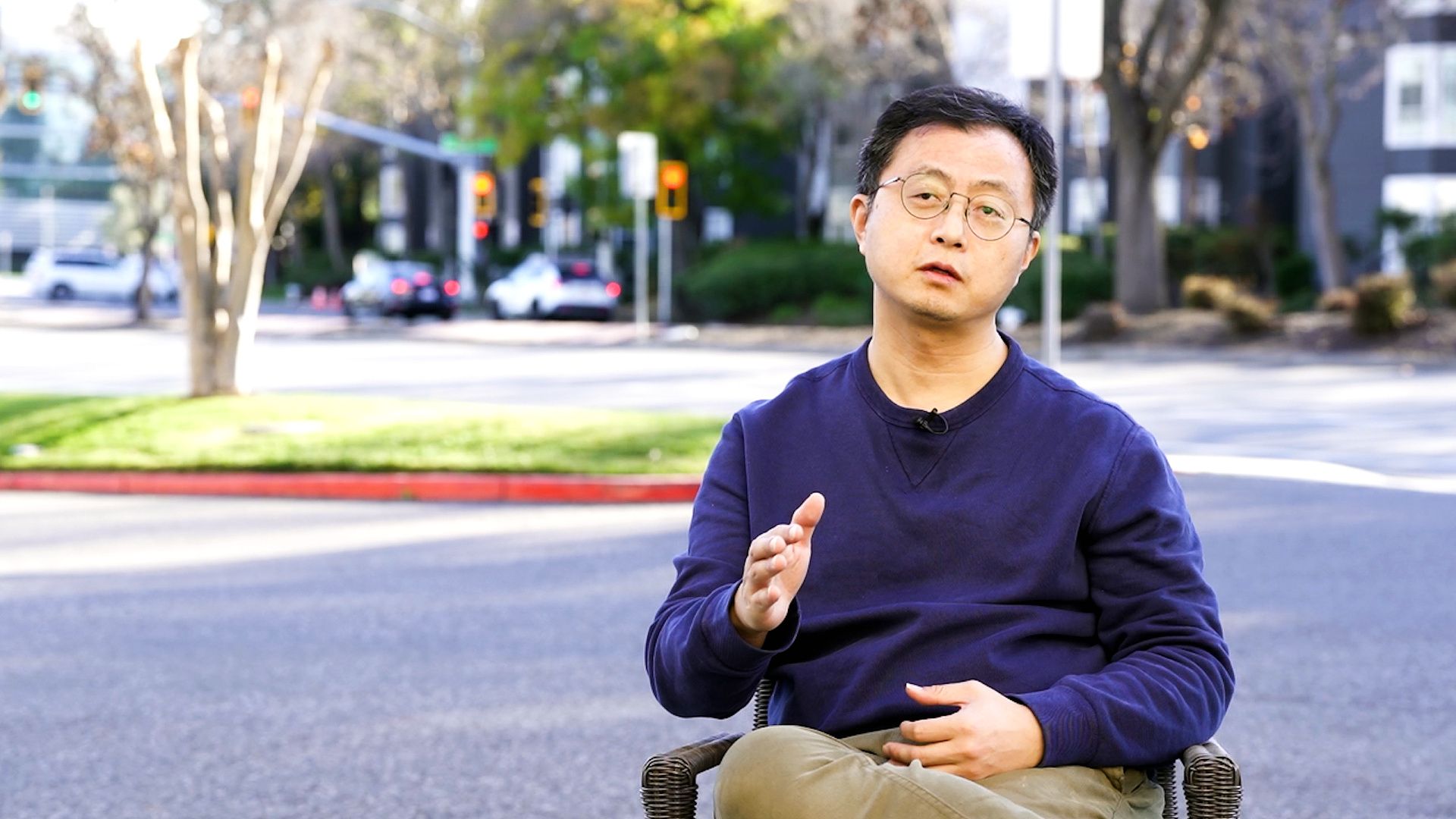
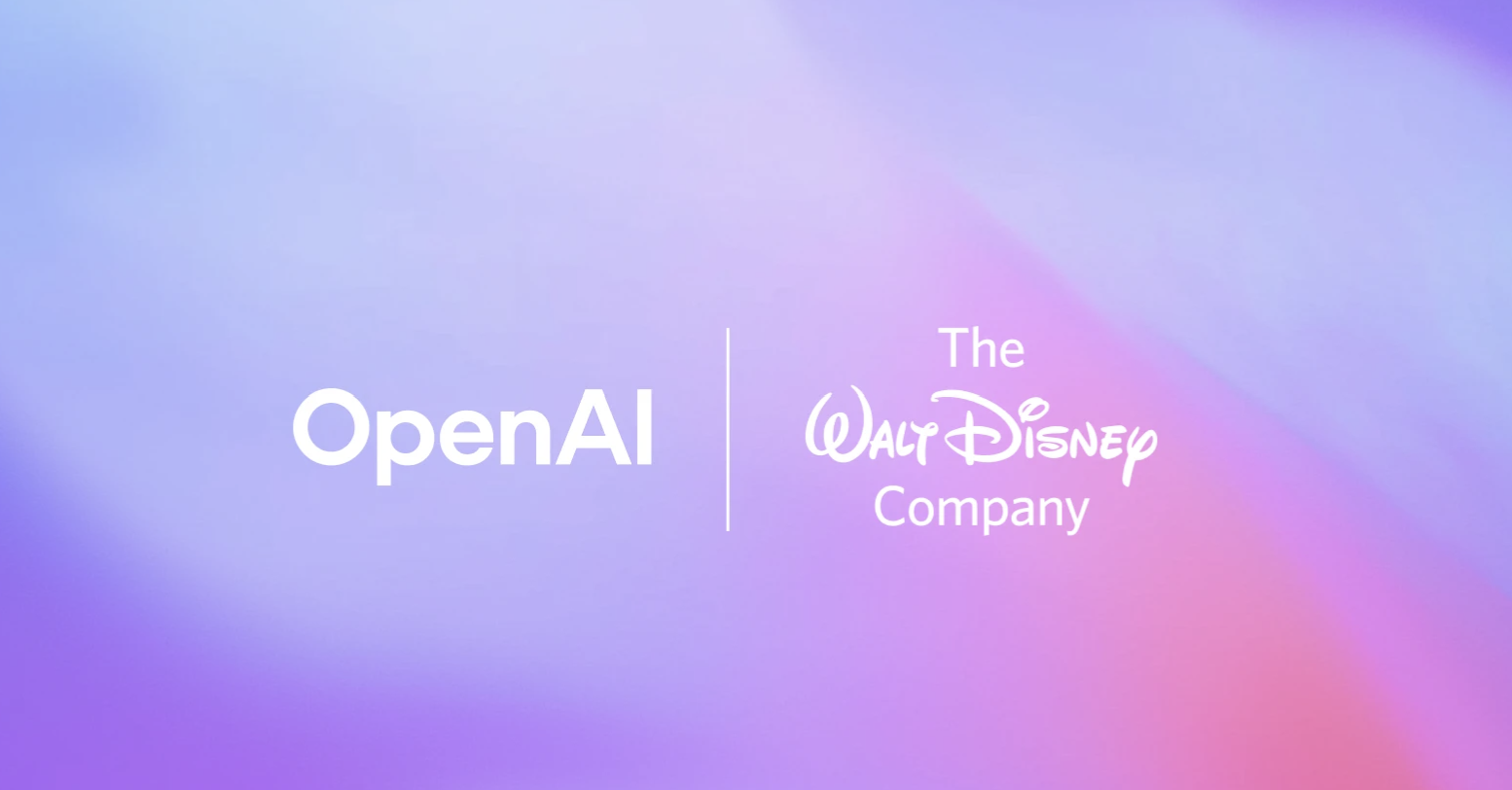



![[보고서]디즈니의 IP 플라이휠, 1957년 메모에서 시작된 100년 전략](https://cdn.media.bluedot.so/bluedot.kentertechhub/2025/12/vtekpo_202512140501.png)
![[리포트]글로벌 스트리밍 대전환과 FAST 시장의 부상](https://cdn.media.bluedot.so/bluedot.kentertechhub/2025/12/7jw8up_202512120304.png)
![[보고서]K-콘텐츠, 몰입형 공간 새로운 경험](https://cdn.media.bluedot.so/bluedot.kentertechhub/2025/12/je15hi_202512061434.png)
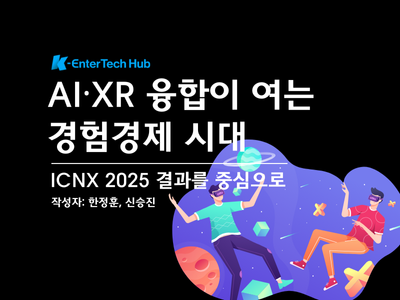

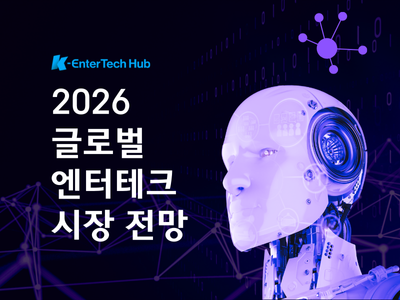
![[K콘텐츠와 K FAST]](https://cdn.media.bluedot.so/bluedot.kentertechhub/2025/11/zxwbgb_202511241038.jpg)
![[모집]1월 9일~14일 글로벌 AI 스템 캠프(자료집)](https://cdn.media.bluedot.so/bluedot.kentertechhub/2025/11/3kf0x5_202511031830.png)
![[MIPCOM2025]글로벌 엔터테인먼트 트렌드](https://cdn.media.bluedot.so/bluedot.kentertechhub/2025/10/duxlsp_202510170000.png)
![[보고서]생성AI와 애니메이션](https://cdn.media.bluedot.so/bluedot.kentertechhub/2025/09/c49fxu_202509271057.png)